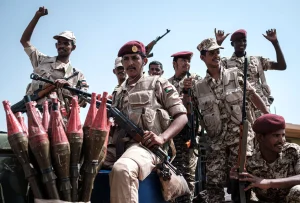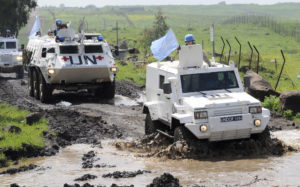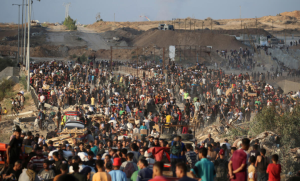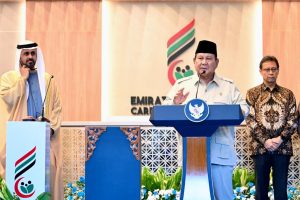internet-cafe-300x200.jpg" alt="Indonesian youths browse their social media accounts at an Internet cafe in Jakarta, Indonesia, December 23, 2013. (AP)" width="300" height="200" /> Indonesian youths browse their social media accounts at an Internet cafe in Jakarta
Davos, 13 Rabiul Akhir 1437/23 January 2016 (MINA) – The United Nation’s Broadband Commission for Sustainable Development held a meeting at the World Economic Forum in Davos which culminated in the release of a joint statement entitled ‘Working Together to Provide Internet Access to the Next 1.5 billion by 2020’.
The joint statement from prominent leaders from across government, industry and the finance sector pledges a concerted global effort to connect 60 percent of the world’s people to the internet by 2020, in line with ITU’s Connect 2020 Agenda agreed by the organisation’s 193 Member States in 2014, Mi’raj Islamic News Agency (MINA) quoted WAM as reporting.
“As leaders of government, industry, development and investment organizations from around the world, we believe that global Internet connectivity, specifically global broadband connectivity, is a significant enabler to achieve sustainable development for all,” the joint statement said.
“Access to the Internet is the backbone of the Knowledge Societies that fuel today’s digital economies, cultures and
education systems. Internet access will accelerate the achievement of the United Nations’ 17 Sustainable Development Goals (SDGs),” it added.
Also Read: Finland’s Largest Retailer Halts Israeli Product Sales
The joint statement notes that only 3.2 billion people currently have online access, while 4.2 billion people remain
offline. In the 48 UN-designated Least Developed Countries, internet penetration is less than 10 percent, falling to under 2 percent in six of the world’s most disadvantaged nations.
A new discussion paper from the ITU presented at the session estimates that it will take a US$450 billion investment in network infrastructure to connect the next 1.5 billion unconnected people. The cost estimate is based on the Broadband Commission’s research and recent studies from bodies such as the European Commission, World Bank and the GSM Association (GSMA, or Groupe Speciale Mobile Association).
The key reasons for lack of connectivity outlined in the discussion paper include a lack of infrastructure, lack of
affordable services, lack of online skills, and lack of suitable digital content. (T/R07/R03 )
Mi’raj Islamic News Agency (MINA)
Also Read: 1,000th Western Military Supply Plane Lands in Israel Since Gaza War









![Israeli tanks and APC’s gather by the Israeli – Lebanese border. Amid Israel’s escalating campaign against Hezbollah in Lebanon on September 30, 2024. [Erik Marmor/Getty Images]](https://en.minanews.net/wp-content/uploads/2024/10/IMG_20241001_203226-300x197.jpg)





















 Mina Indonesia
Mina Indonesia Mina Arabic
Mina Arabic